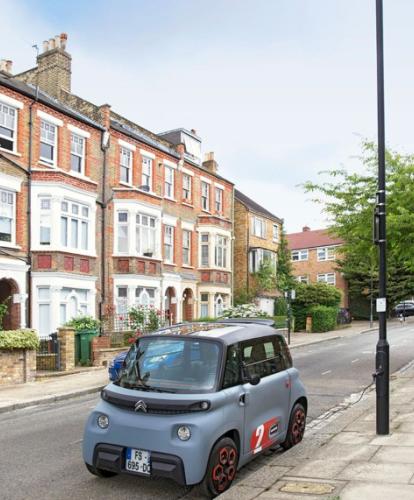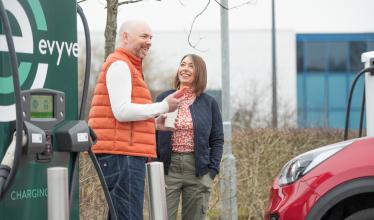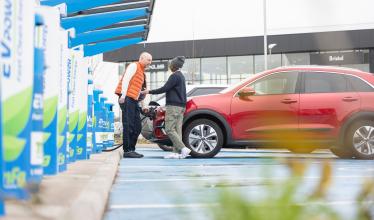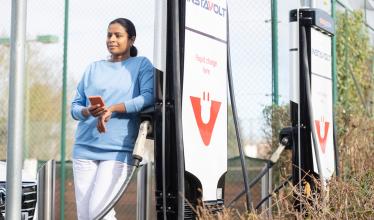ubitricity network costs

Pay-as-you-go: no membership required
Standard pricing (6am - 11pm): 57p per kWh
Off-Peak pricing (11pm-6am) 47p per kWh
In a small minority of charge points where smart charging is not available: 54p per kWh
No connection fee
How to use ubitricity charge points
Access to the ubitricity network can be made via Zap-Pay, the Shell recharge app or on a pay-as-you-go basis by scanning in a QR code found on the charge point using a smartphone. This takes users through to a payment page, controlling the start and end of the charging session.
Zap-Pay
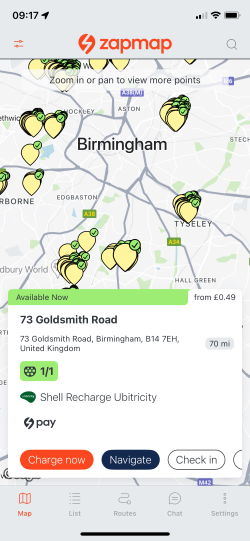
You can use Zap-Pay to pay for your charging sessions at any ubitricity charge points.
Zap-Pay is the simple way to pay for charging within the Zapmap app. Select the charger you'd like to use within the app and start your charging session at the press of a button.
You can check on the status of your charge at any time to see the estimated cost and the charge time remaining.
VAT receipts for all charging sessions are stored within the app, and can be accessed at any time to download to your device.
Where are ubitricity charge points located?
All ubitricity points can be found on Zapmap by using the network filter. This can be used on the desktop and mobile apps, and displays only those points operated by ubitricity.
Charging types and speeds can be filtered too, showing only those points that are compatible with users’ cars.
Select 'Filters' -> 'Networks' -> 'ubitricity' to view only ubitricity charge points.
Contact Details
Customer services: 0800 024 6279
Email: support@ubitricity.co.uk
Further contact information can be found on the ubitricity website.
How does ubitricity compare to other networks in terms of pricing?
Zapmap monitors the prices of charging on the public network and reports on the prices charged by the top 10* rapid charging networks. The prices are updated on a monthly basis here: Rapid Charging: Top 10 Network Pricing
The price to charge an electric vehicle (EV) on the public charging network can vary substantively, and prices are increasing due to current issues in the energy market.
Updated on a monthly basis, the Zapmap Price Index shows the difference in prices paid depending on the type of charger and will also track how this is changing over time.
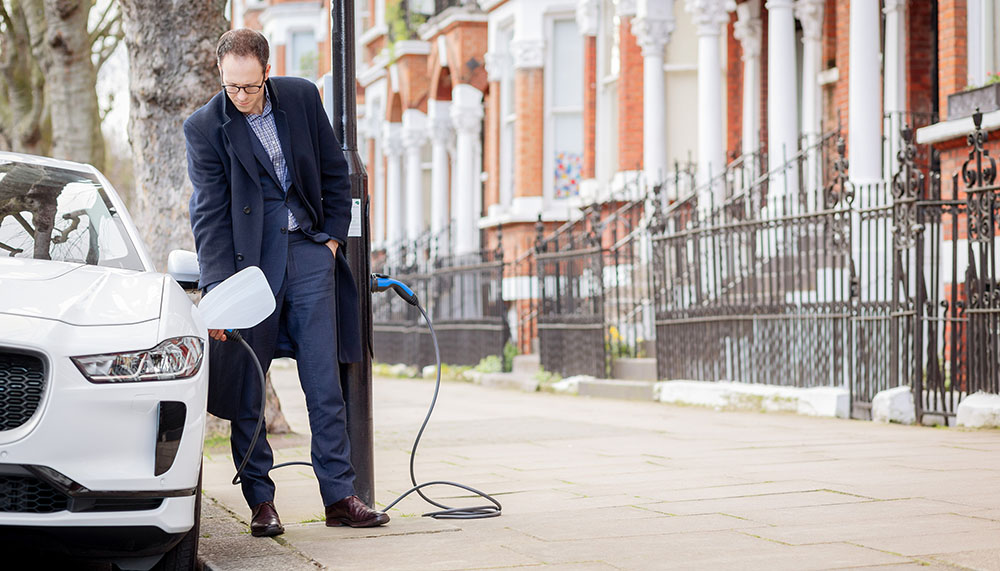
About ubitricity
One of the UK’s largest charge point networks, ubitricity is a wholly owned subsidiary of Shell and belongs to the Mobility Division. It manufactures and operates electric vehicle charge points incorporated into new and existing lamp-posts and bollards. Because there is no need to dig up the pavement – the charge points’ electricity supply is from the lamp-post feed – installation is faster and cheaper than with a conventional unit.
The company’s units use a Type 2 inlet, and charging at up 5.5 kW is possible from most chargers – though some are restricted to 3 kWh where infrastructure dictates.
ubitricity has worked with over 30 local authorities to rollout over 7,000 on-street residential charge points across the UK.
